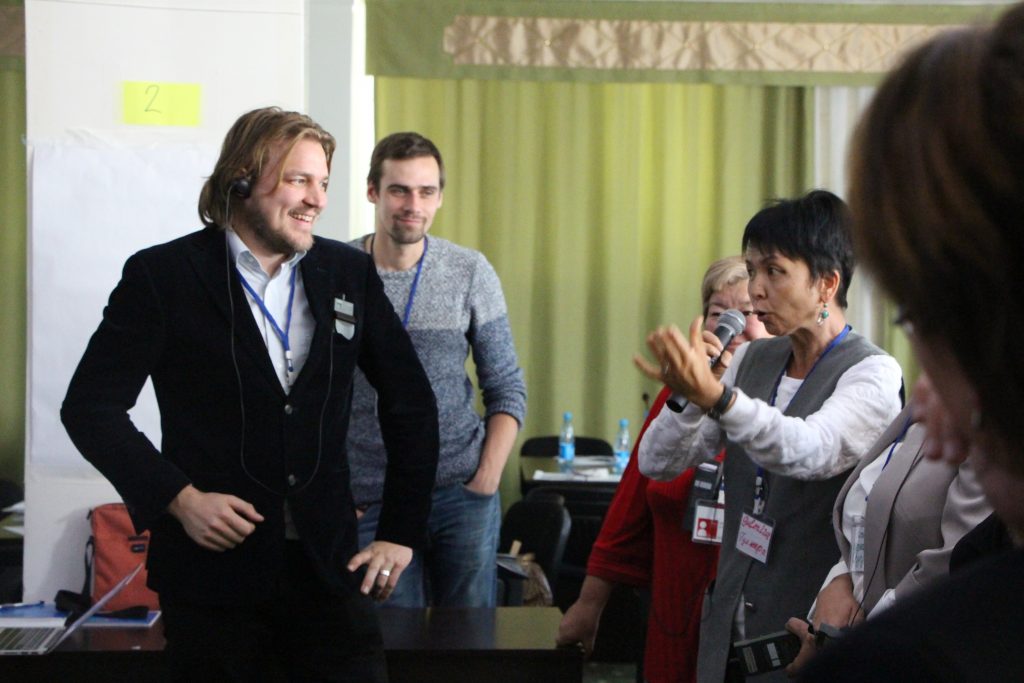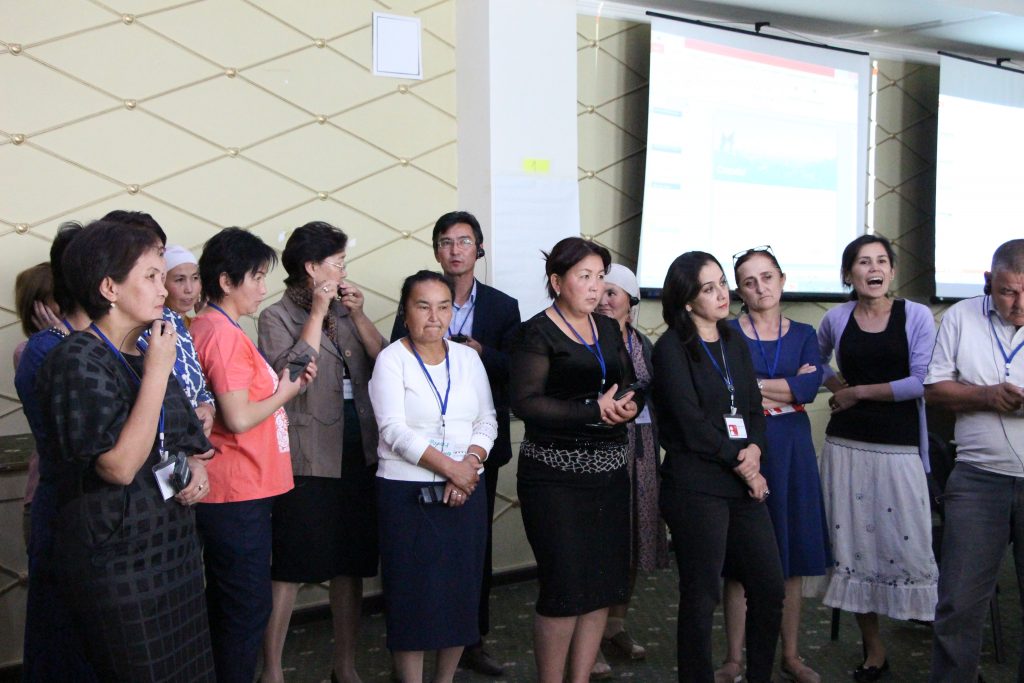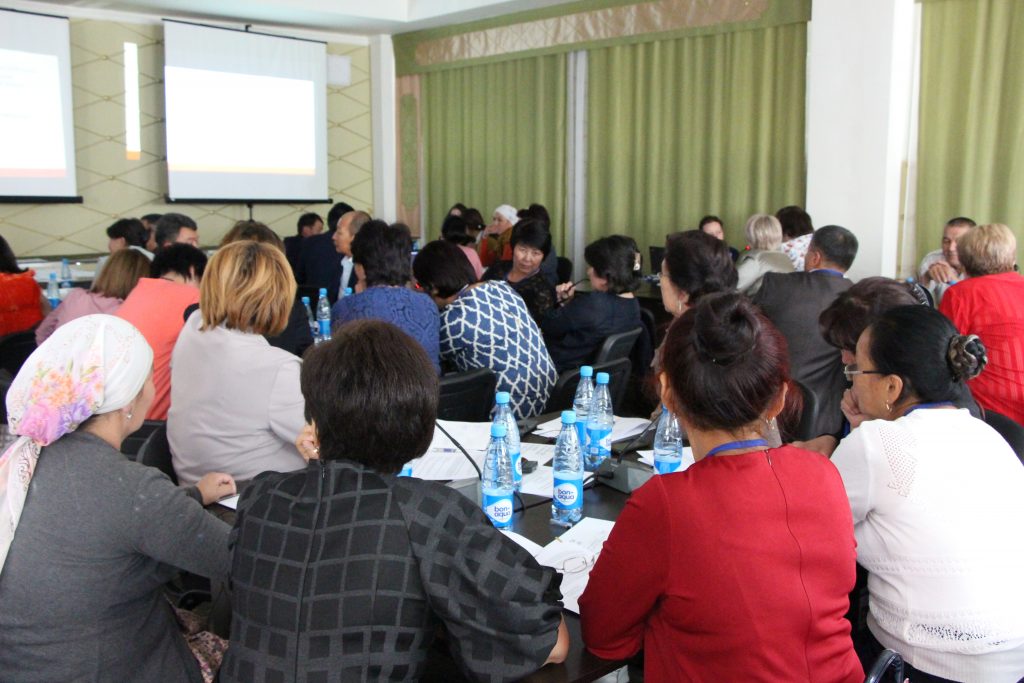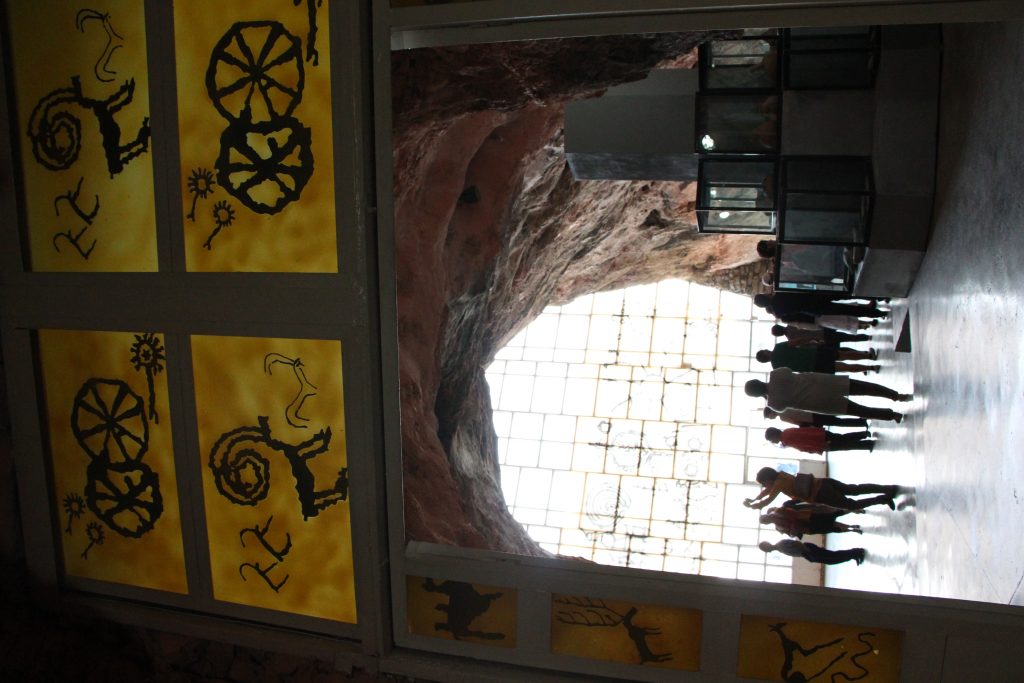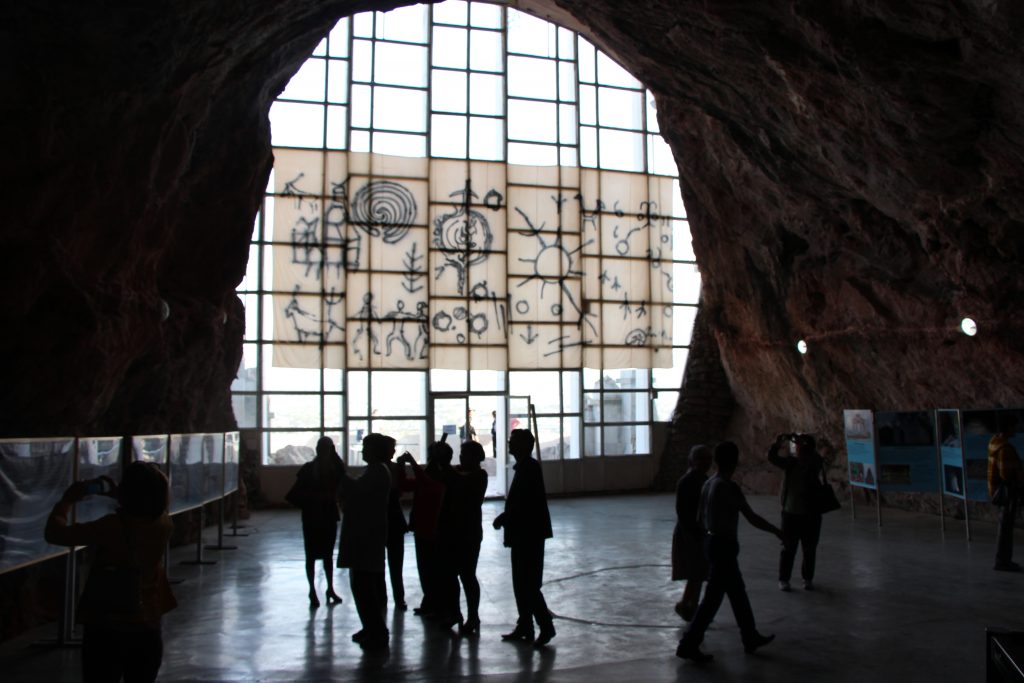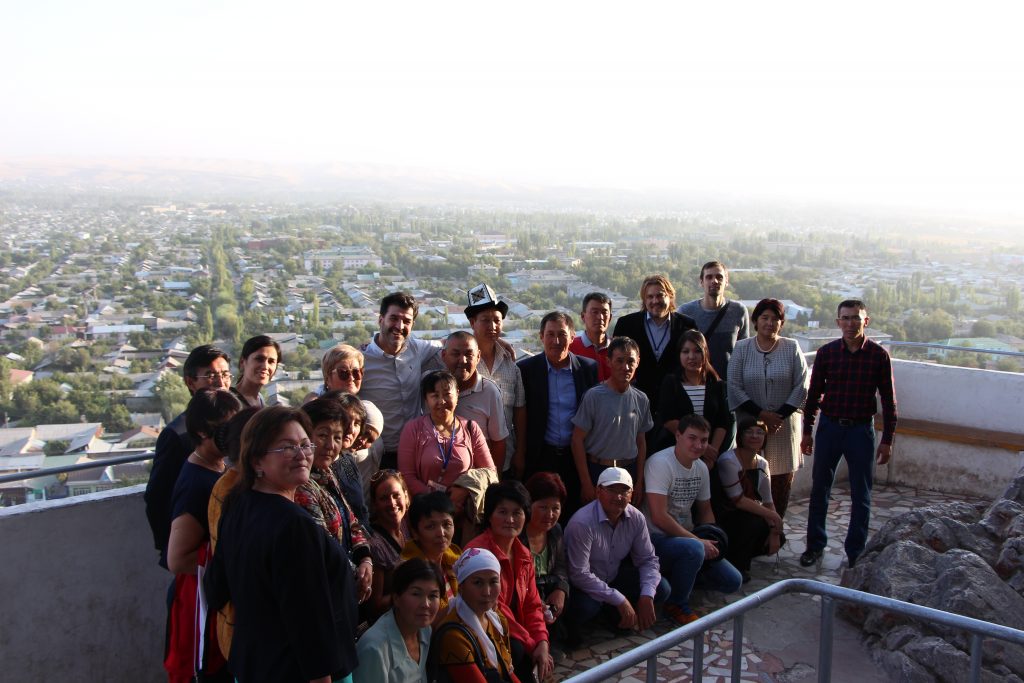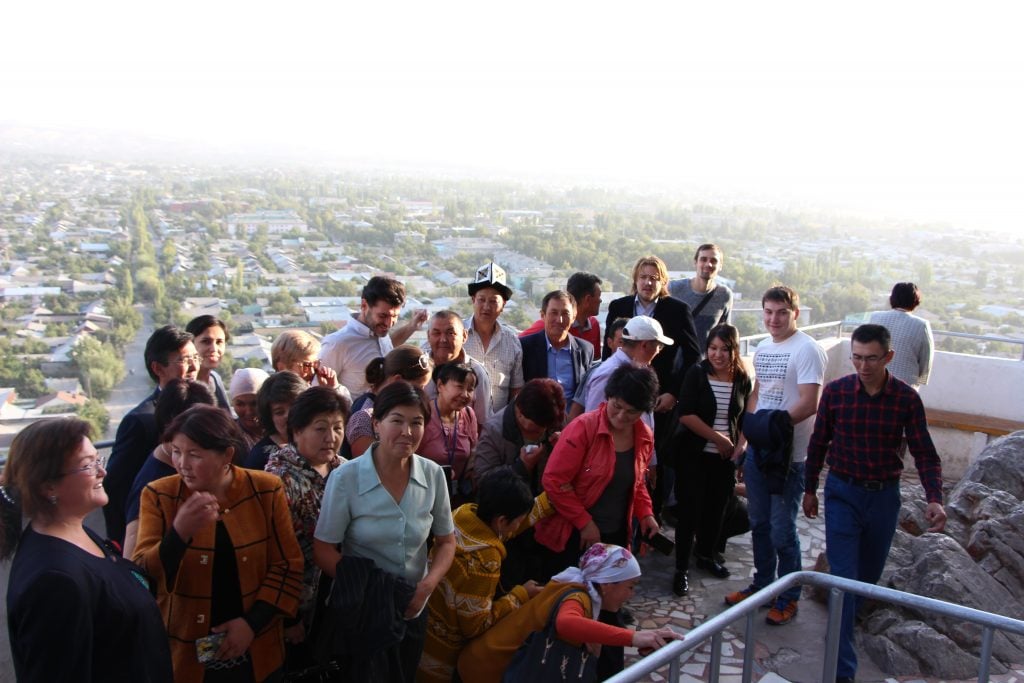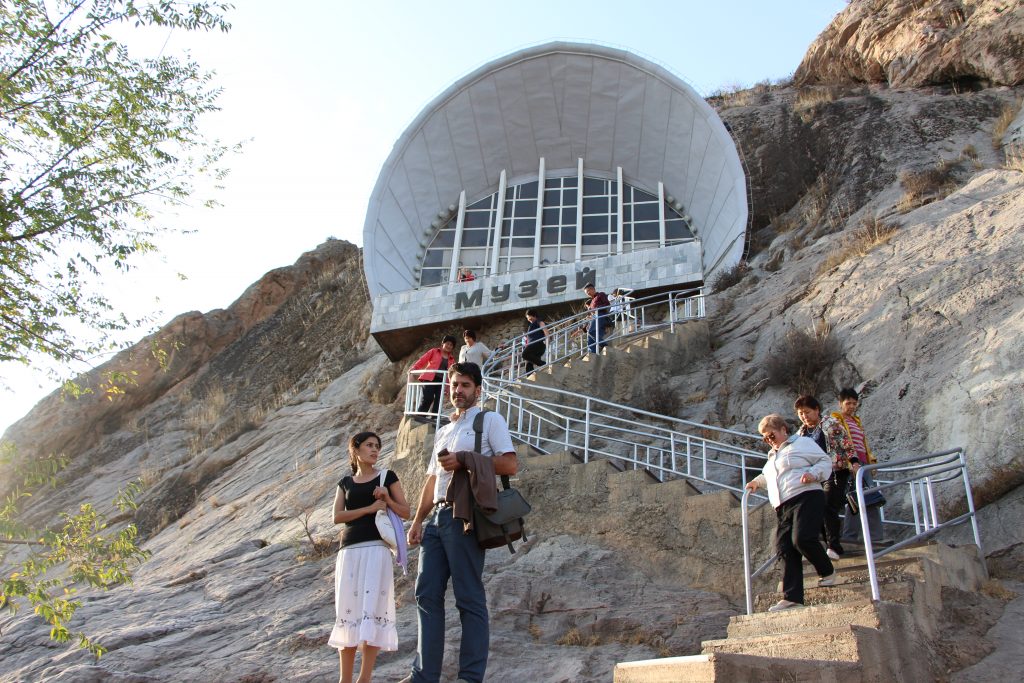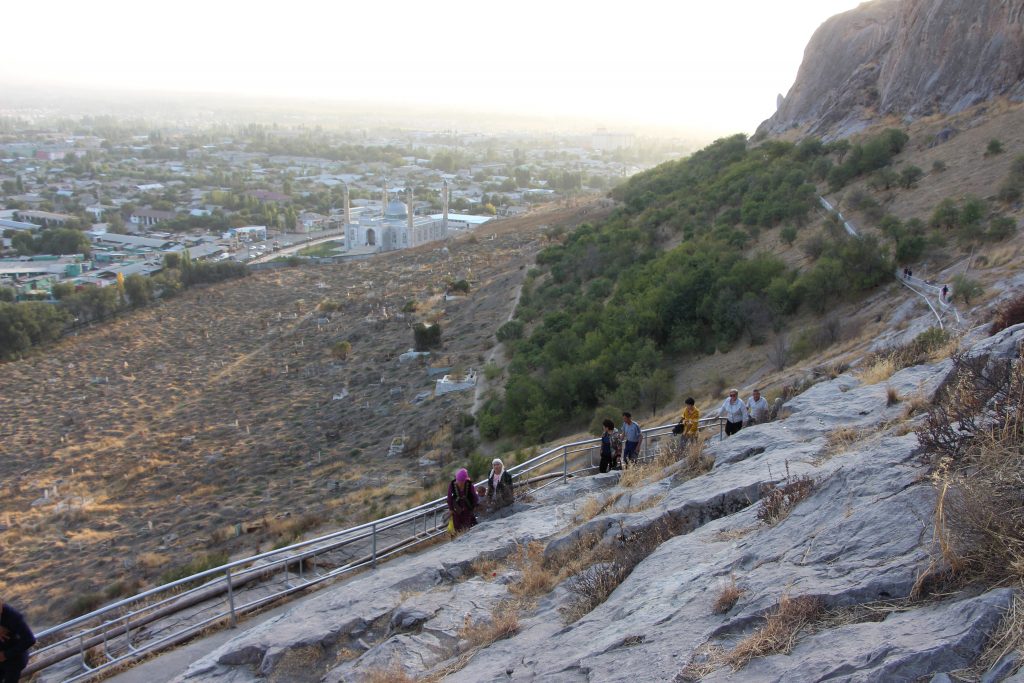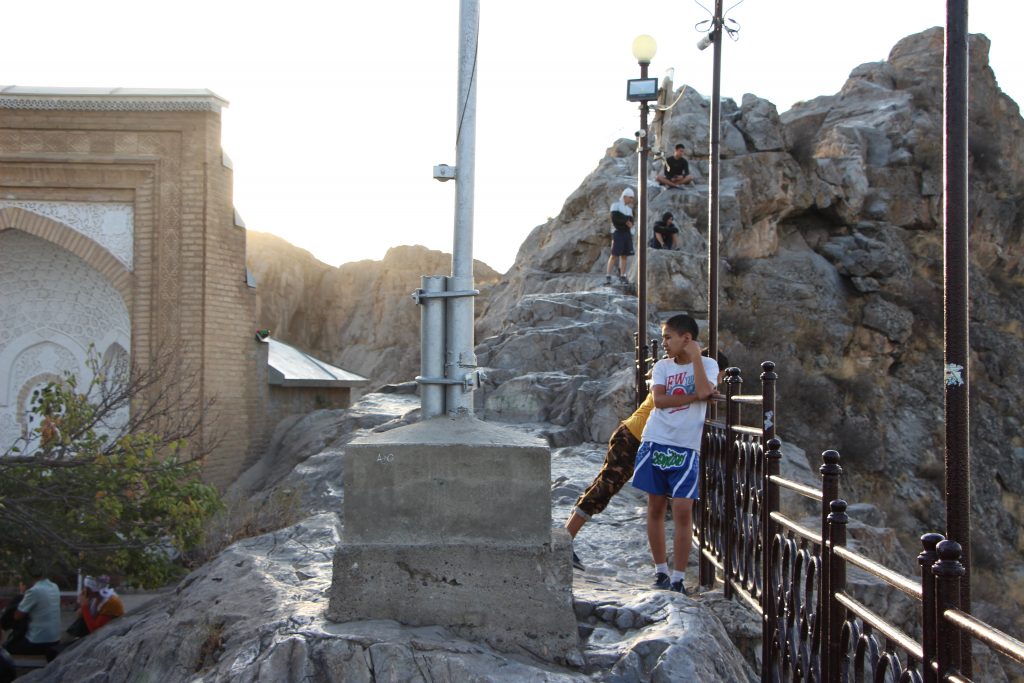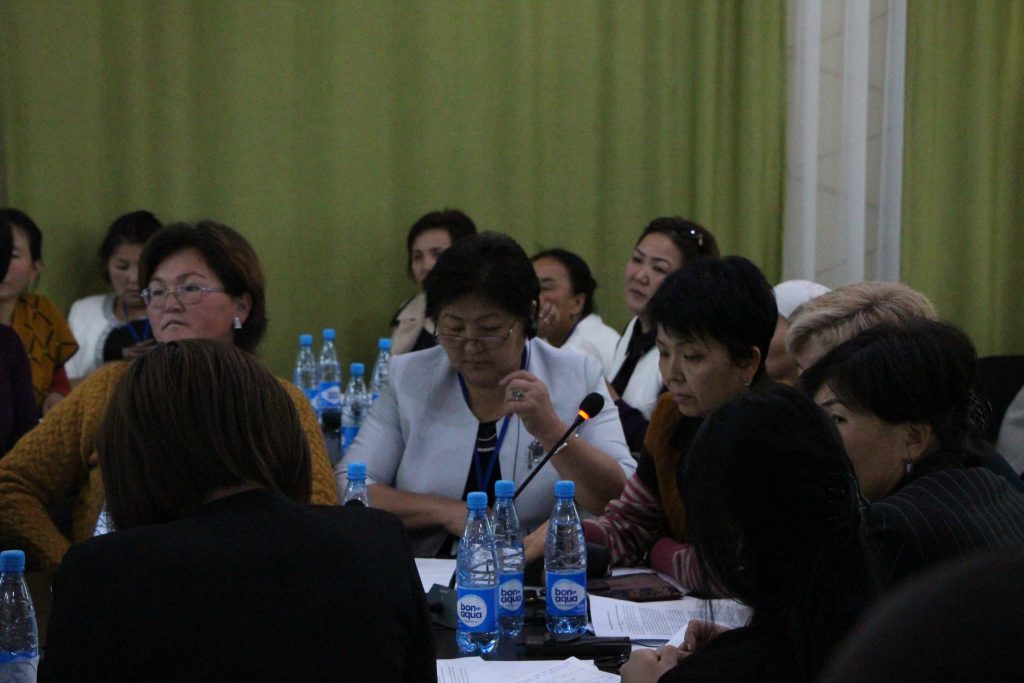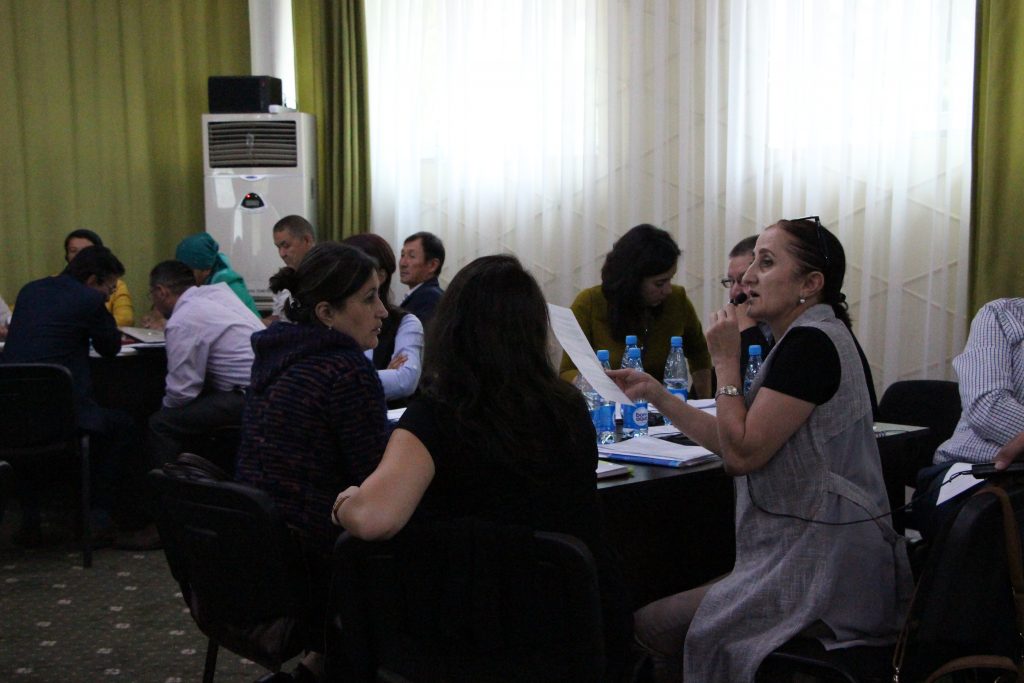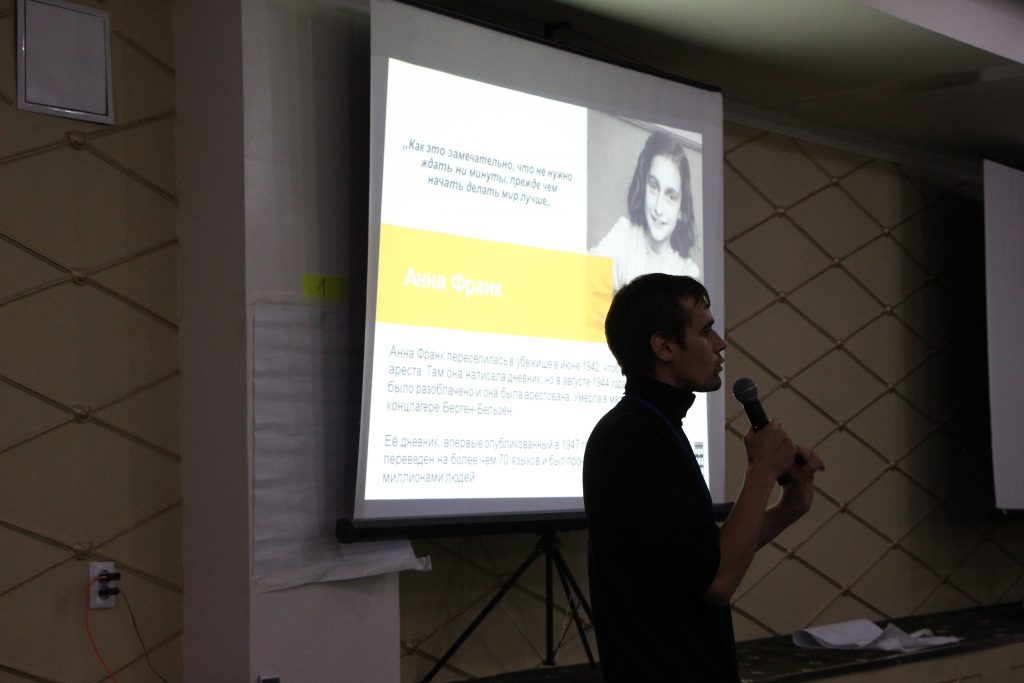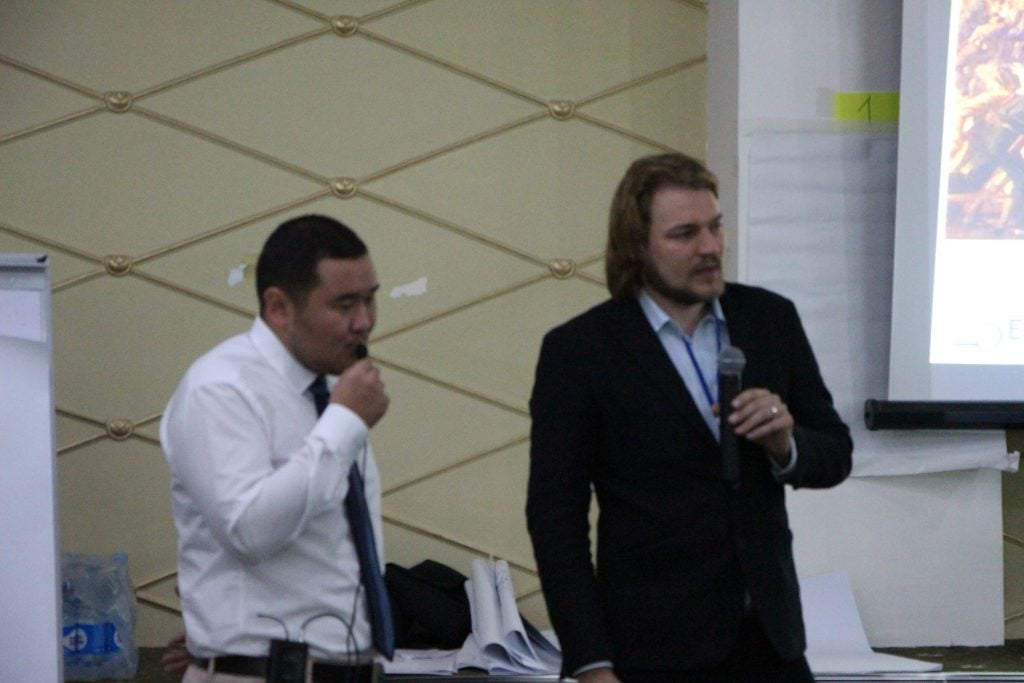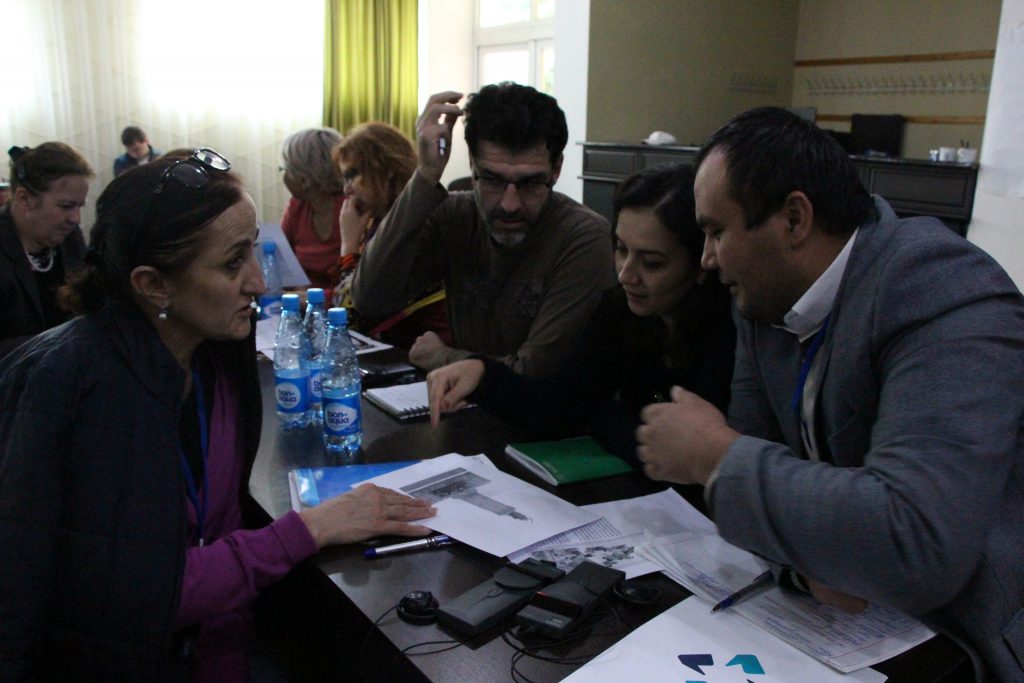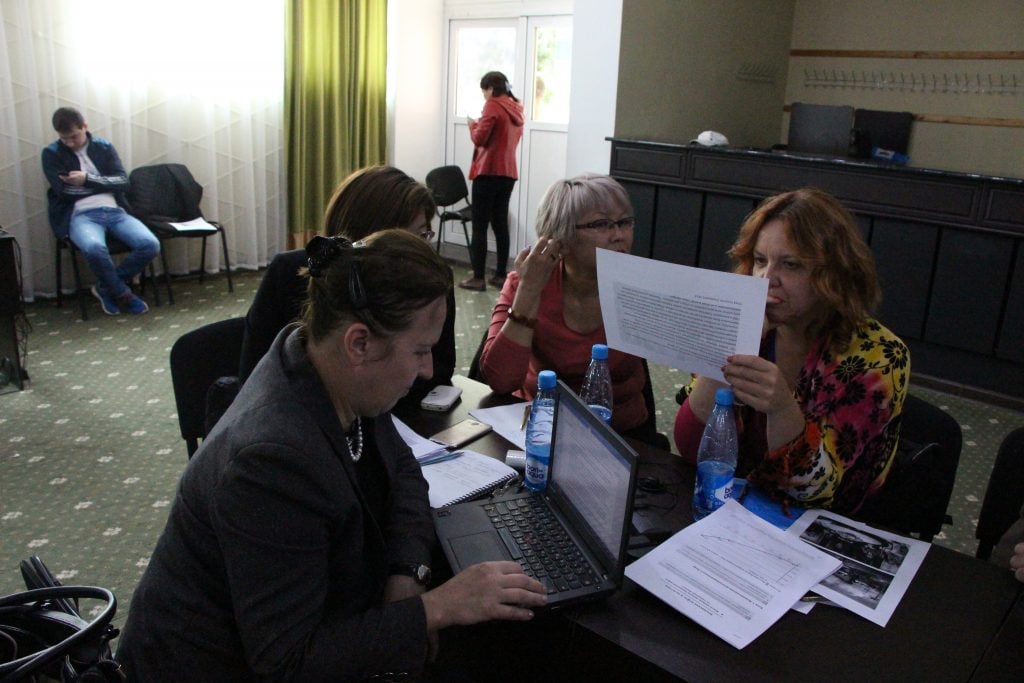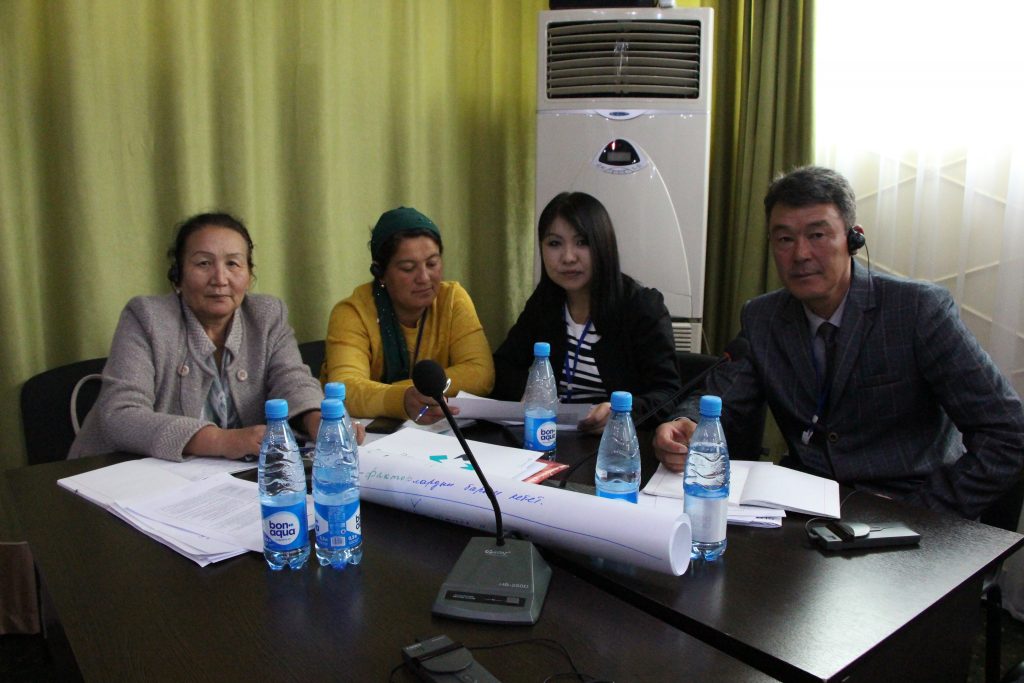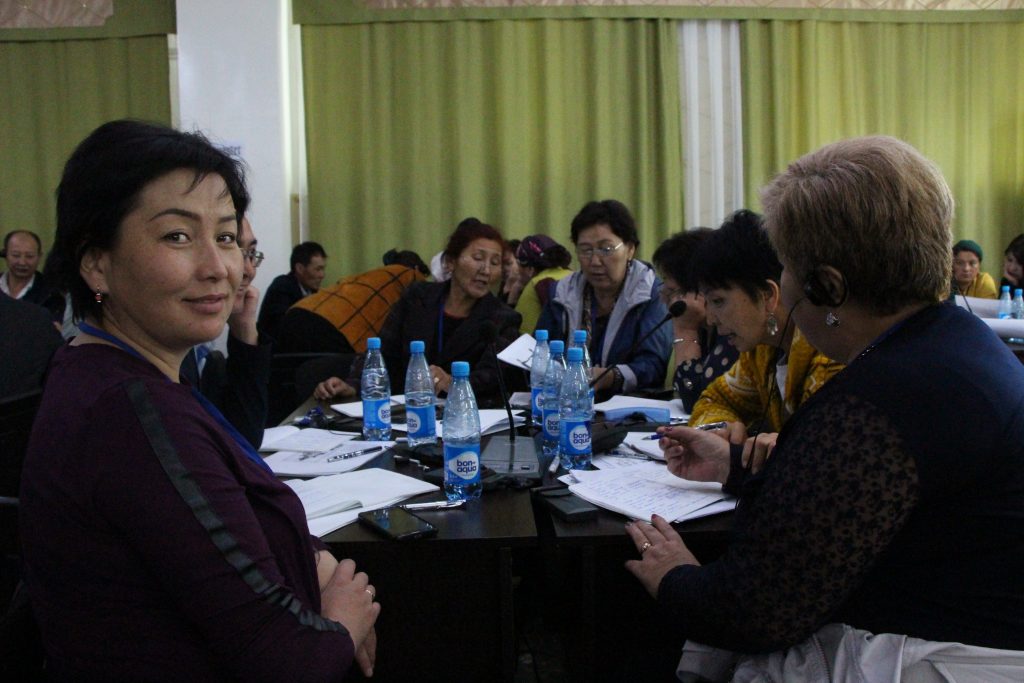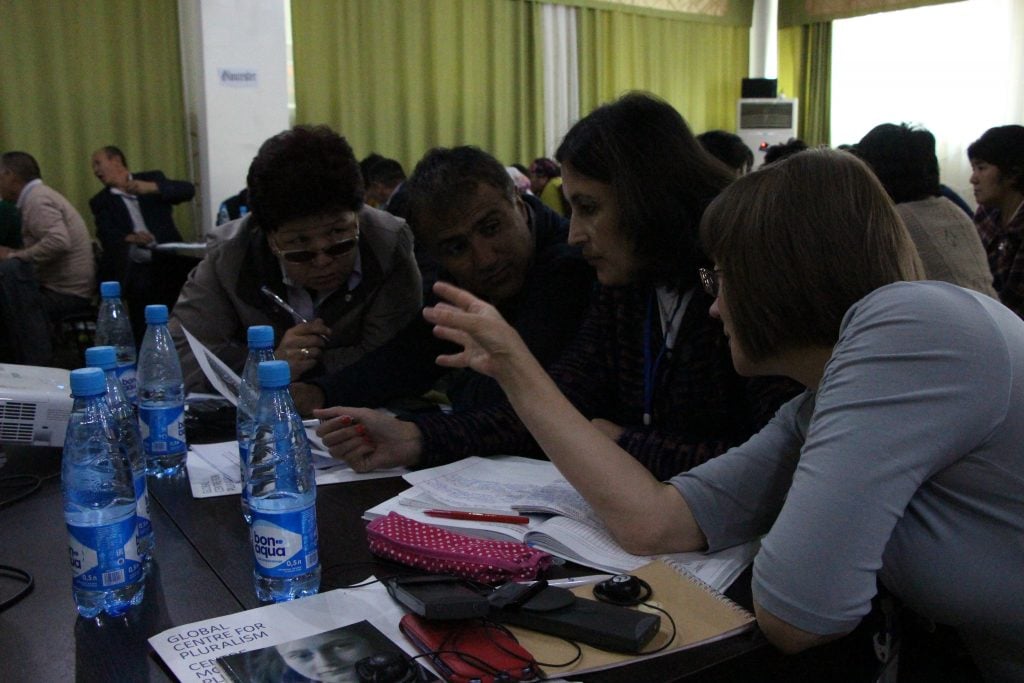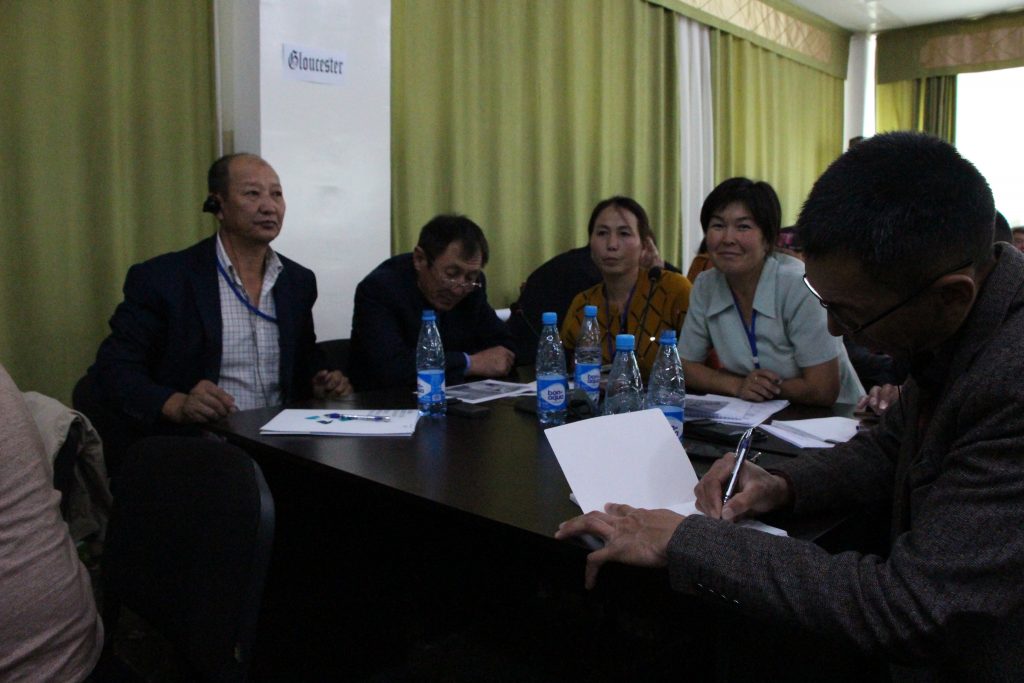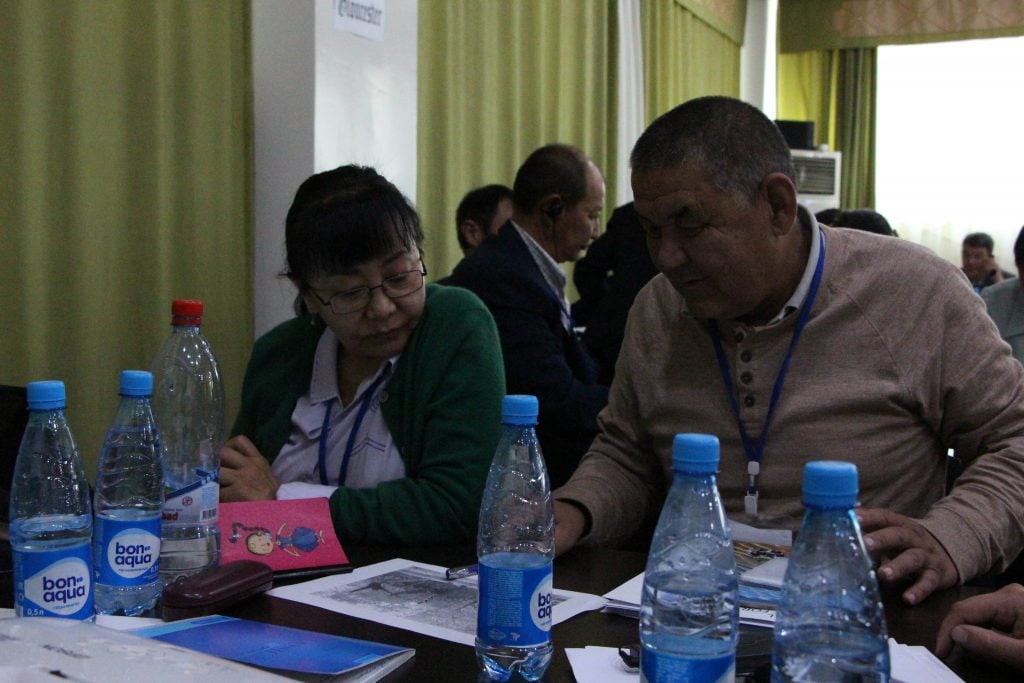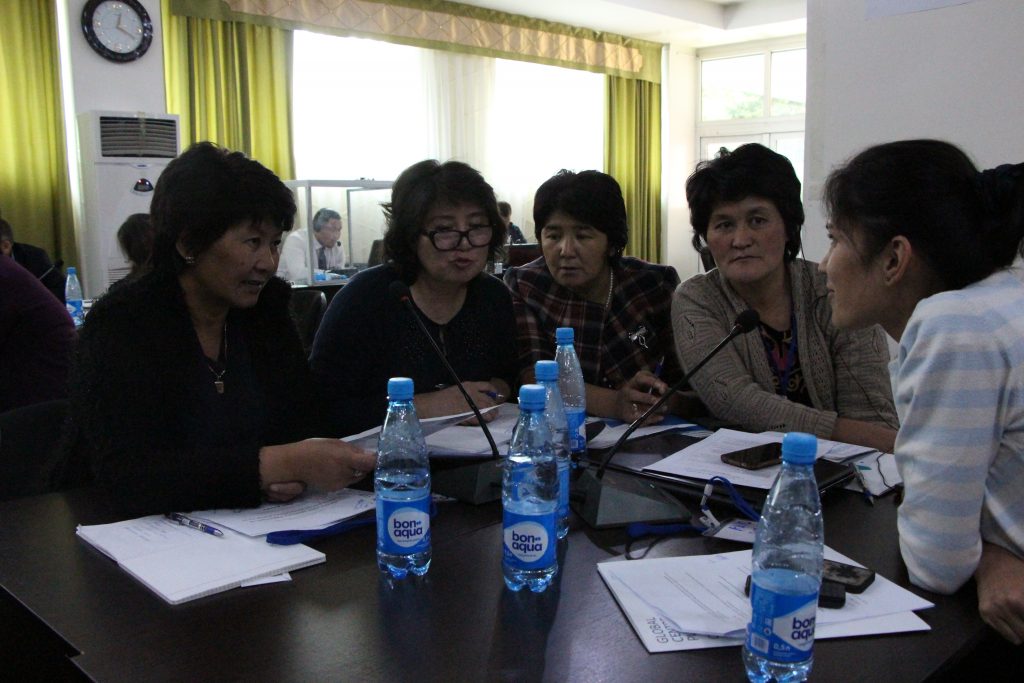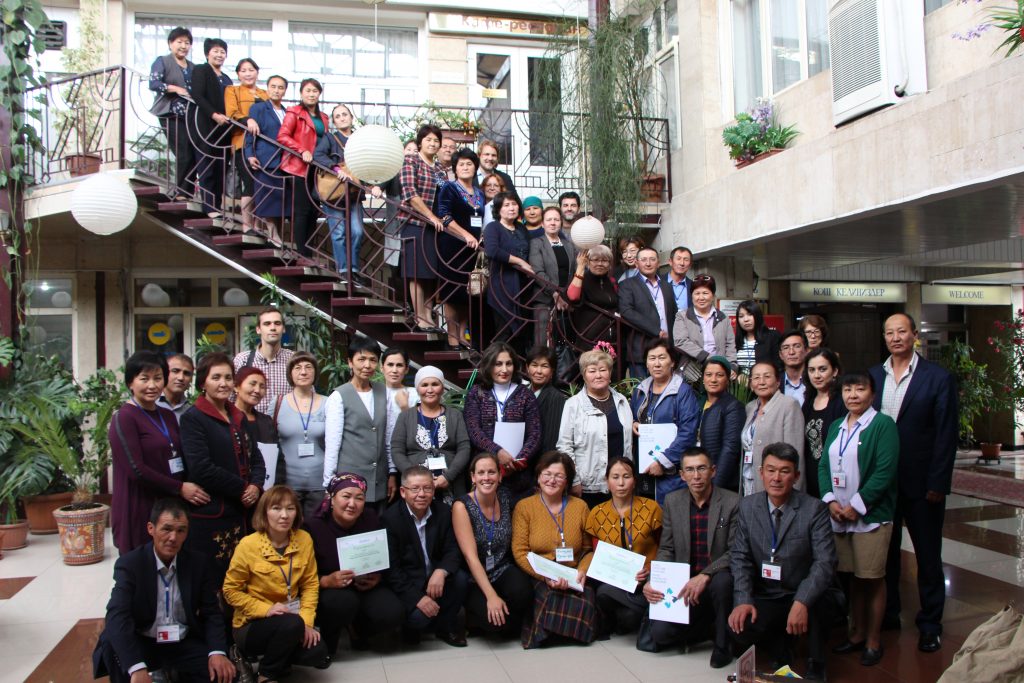History and Memory Masterclass for History Educators in Kyrgyzstan
September 28-30 | Osh, Kyrgyzstan
In September 2017, Centre staff travelled to Osh, Kyrgyzstan with EUROCLIO – European Association of History Educators (based in The Hague, Netherlands) to run a 3-day Masterclass for history specialists. The “history and memory masterclass for history educators – promoting belong and inclusion through learning” was developed by EUROCLIO, the Centre and the Aga Khan Foundation Kyrgyzstan. It was delivered to 50 history educators from across Kyrgyzstan.
The masterclass was based on the notion that history and memory is a key area in which societies make choices about inclusion or exclusion. These choices could include which groups’ histories to recognize, which past grievances to address, how to tackle the gaps between “official” history and the remembered past and how to remember the past in a way that is inclusive of everyone. The masterclass partners believe that history education, under the right conditions, can contribute to making societies more inclusive and foster a sense of belonging.
The programme consisted of workshops, discussion groups, presentations and peer-learning-sessions building on the combined experience of the organizers, local and international trainers and the participants. The programme included presentations on history and memory as drivers of pluralism and reflections on why historical accounts differ, and workshops on the image of the ‘other’, multiperspectivity in history, historical source analysis, working with monuments and the use of student-centred methodologies. A cultural programme in the evenings included visits to local historical sites and museums.
Participants found the sessions useful and said that they could apply what they learned in their own classrooms, especially those that focused on methods and working with visual sources.
Following this, the Centre and EUROCLIO met with representatives from the Ministry of Education, and other stakeholders, to discuss further work in history education, including the possibility of providing technical support for the revision of history curricula and standards as well as training new textbook authors and history teachers. The Centre and its partners are encouraged by the keen interest from participants, government stakeholders and civil society actors and look forward to continuing this work in 2018.
How Historians in Ukraine and Canada Study the Past
As part of the program, the Centre screened a short video that featured Ukrainian-Canadian Olga Shapovalova, a former history student, speaking about her experience studying history in both the Ukraine and Canada. One of the questions she asks is: can we have a history that is truly objective, even if the historian is aware of the limitations of sources and his or her own bias?

